Hanoi In a 7 square meter room with messy furniture, Ms. Vu Thi Mai, 55 years old, sweat was pouring down, she had difficulty breathing but did not dare to turn on the air conditioner.
Ms. Mai has been a patient for nearly 20 years at the Le Thanh Nghi dialysis hamlet, a few kilometers from Bach Mai Hospital. This place is located in a small alley, just wide enough for a motorbike to pass. Ms. Mai's room is at the front, about 7 square meters, but the furniture is packed tightly, the walls are covered with fibro cement, hot as a "bagua furnace". As noon approaches, the sun rises above the head, making the air more stuffy and uncomfortable.
In addition to her, the neighborhood has more than 100 other people, including patients and their families, who are in the same situation. "We are exhausted but we dare not turn on the air conditioner because we do not have enough money to pay. Many days it is so hot that we cannot sleep, so we all go out to the porch to talk all night," Mai said on June 1.
To beat the heat, she and many others arrived at the hospital early, waited for dialysis, then sat until the sun went down before returning. The heat made the woman lazy to eat rice, occasionally eating porridge and instant noodles to get through meals, so her body became thinner and thinner. However, dialysis patients are not allowed to drink much water, which makes the heat even more intense, and their throats are always dry and sore. "If I'm thirsty, I sip water instead of swallowing it to feel it, but when it's too hot, I still take a sip," she said.
In addition to her dialysis schedule, the woman makes a living by selling water at noon at the hospital. Many times she was chased away by security, so she secretly hid the water on her person and walked home alone.
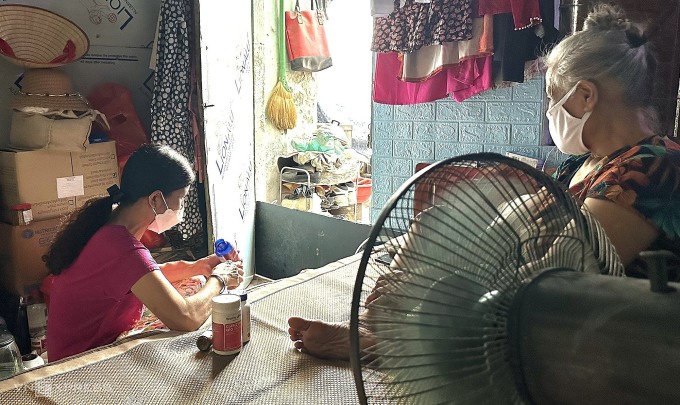
Ms. Mai and Ms. Sinh in a rented room of about 7 square meters, June 1. Photo: Minh An
Going deeper inside, Mrs. Nguyen Thi Sinh, 78 years old She had to turn on three fans at the same time to cool the 10 square meter room. Sitting on the bed, she massaged and soaked a towel to wipe her 37-year-old daughter who had just returned from dialysis. Her daughter, Ms. Xuyen, had been sick since she was 22 and had lived in the boarding house for nearly 16 years.
She said that most people in the kidney neighborhood have illnesses but still have to work hard at various jobs, from selling water, shining shoes, and collecting bottles. Sinh and her daughter live on a small pension and eat charity meals. The heat often causes Xuyen's blood pressure to drop, making it impossible for them to work. They both accept living in a cramped room near the hospital. "It's hard work and suffering, but we're used to it. Every penny saved is a penny saved," Sinh said.
In the dialysis neighborhood for 27 years, Mai Anh Tuan, 48 years old, said that weather that is too hot or too cold is a nightmare for patients. He said that every time he has dialysis in an air-conditioned room, just stepping out of the door causes heatstroke because it is too hot, "by the time he gets home he is flat on the bed". After dialysis, patients eat poorly, feel nauseous and weak, but still have to get up and go out to earn a living.
"I know it affects my health, but if I don't work, I won't have money to buy food or treat my illness. Sometimes I feel sorry for myself and my fellow patients. No matter the weather, it's hard," he said.
To ensure his health, Mr. Tuan always puts an umbrella, a bottle of water, and medicine in his backpack every time he goes out. After finishing his run, he walks from the 4th floor of Bach Mai Hospital down to the lobby to avoid heat shock. He tells himself that compared to seriously ill patients or those who are bedridden, he is still lucky to have the motivation to overcome his illness.
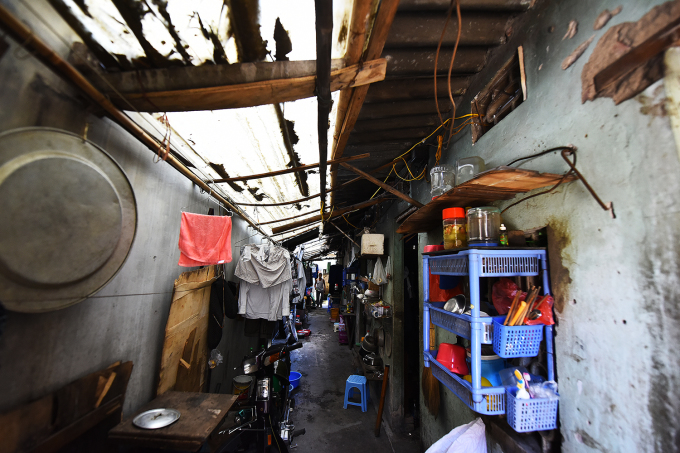
A narrow dialysis area in a small alley on Le Thanh Nghi Street, a few kilometers from Bach Mai Hospital. Photo: Giang Huy
Hanoi is experiencing hot days, with the peak temperature above 40 degrees Celsius. The National Center for Hydro-Meteorological Forecasting predicts that this will be a series of hot days. Doctor Dinh The Tien, Department of Internal Medicine, Duc Giang General Hospital, said that this type of weather is very harmful to the elderly, people with underlying diseases, and immunodeficiency.
Elderly people with chronic diseases are susceptible to acute attacks, causing respiratory failure, and even death if not treated promptly. Patients with end-stage renal failure who require continuous dialysis are prone to fatigue, abdominal pain, nausea, weight loss, sadness, and anxiety. They need to pay attention to care and adequate nutrition.
Dialysis patients should prioritize animal protein foods such as meat, fish, eggs, milk; limit protein-rich foods of plant origin (beans, peas, sesame, peanuts). Should eat grains with low protein content such as tubers (soybeans, sweet potatoes, cassava).
Limit eating vegetables with high protein content such as water spinach, Malabar spinach, amaranth, bean sprouts, jute, Malabar spinach, and green cabbage. Avoid eating or drinking foods containing salt such as pickles, salted eggplants, salted meat and fish, or processed foods such as ham, sausage, smoked meat, canned meat, and sausage.
In particular, limit foods high in potassium such as oranges, bananas, avocados, legumes, strawberries, and raisins. Increase foods rich in calcium such as milk, small fish, and crab. Patients should also pay attention to drinking moderate amounts of water, not consuming too much.
According to Mr. Tuan, due to the prolonged heat, many households have been supported or helped to install air conditioners, so the fear of heat is no longer as severe as before. "However, installing air conditioners is one thing, using them or not is another," he said.
Like Ms. Mai's family, the monthly living expenses are nearly two million, so the woman does not turn on the air conditioner. Or Ms. Sinh also accepts living with the heat, saving money for her daughter to have regular dialysis.
Minh An
Source link


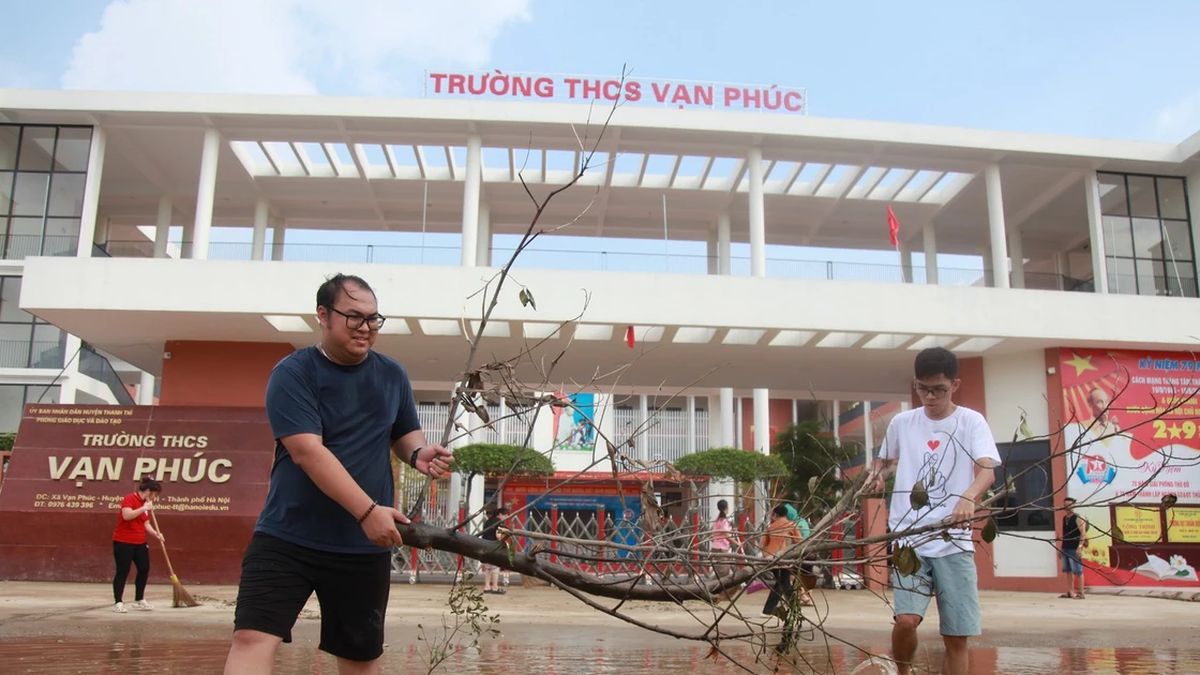
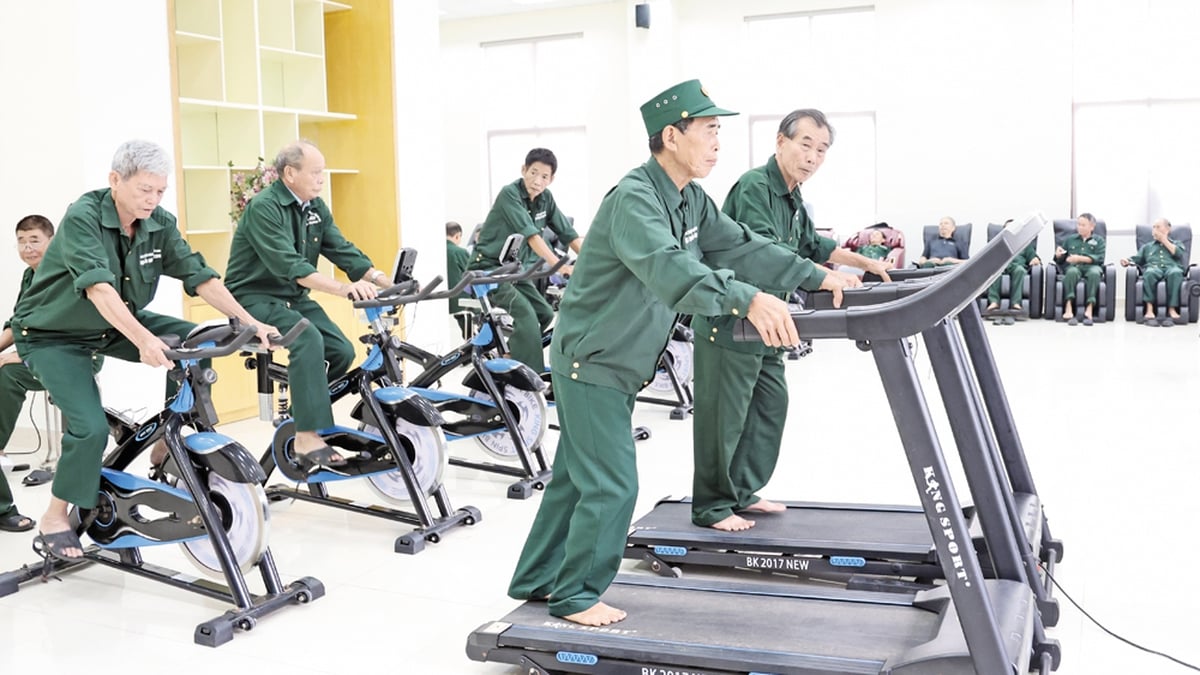
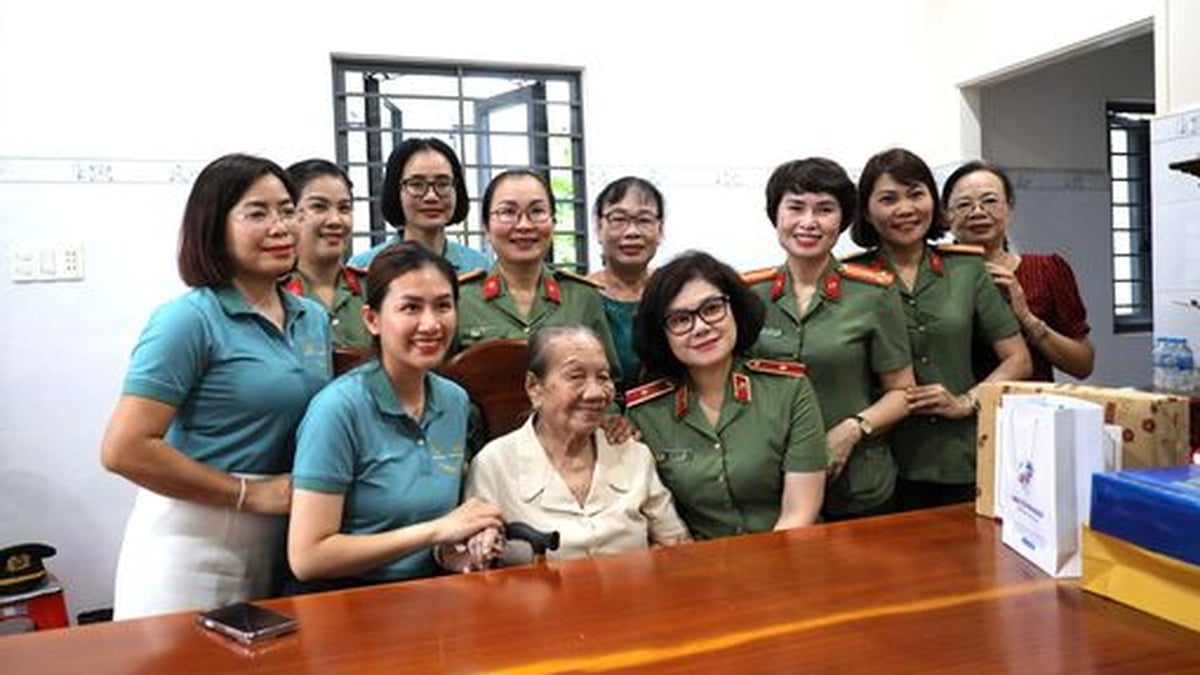
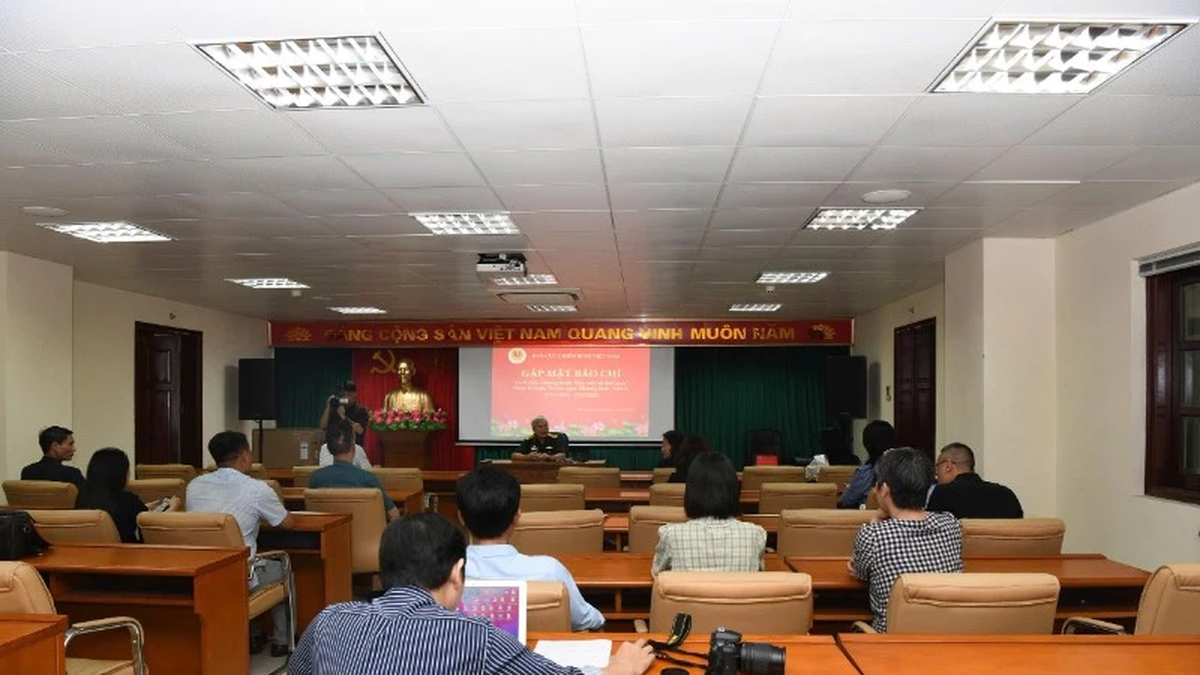
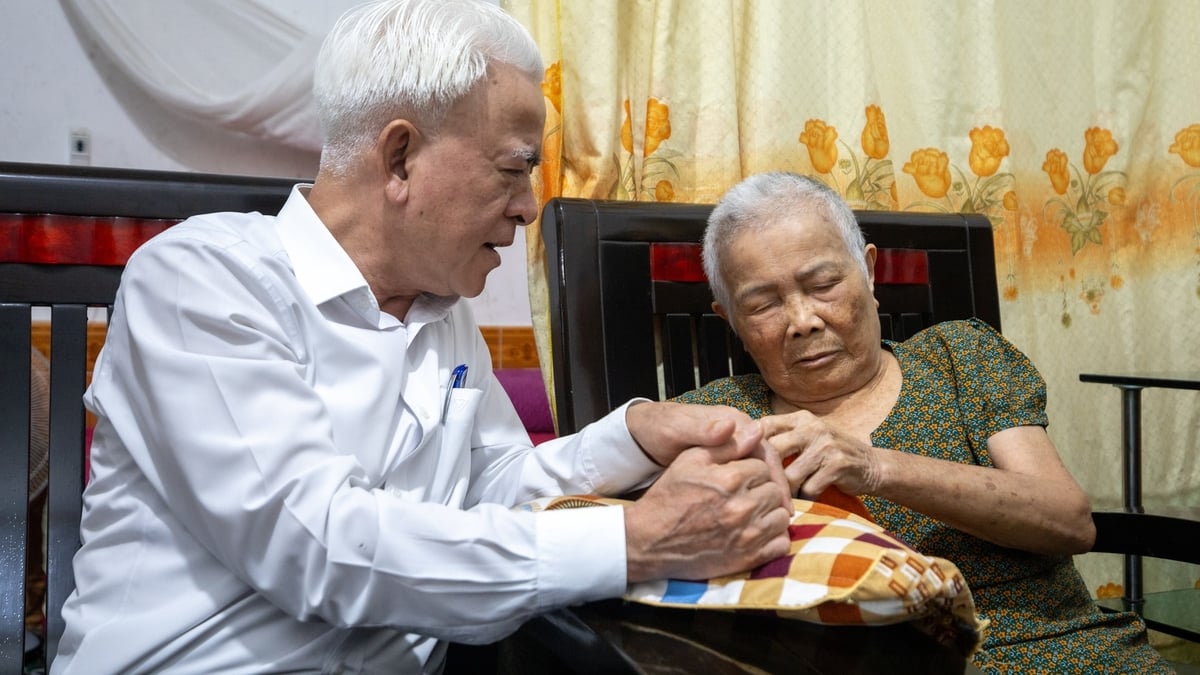
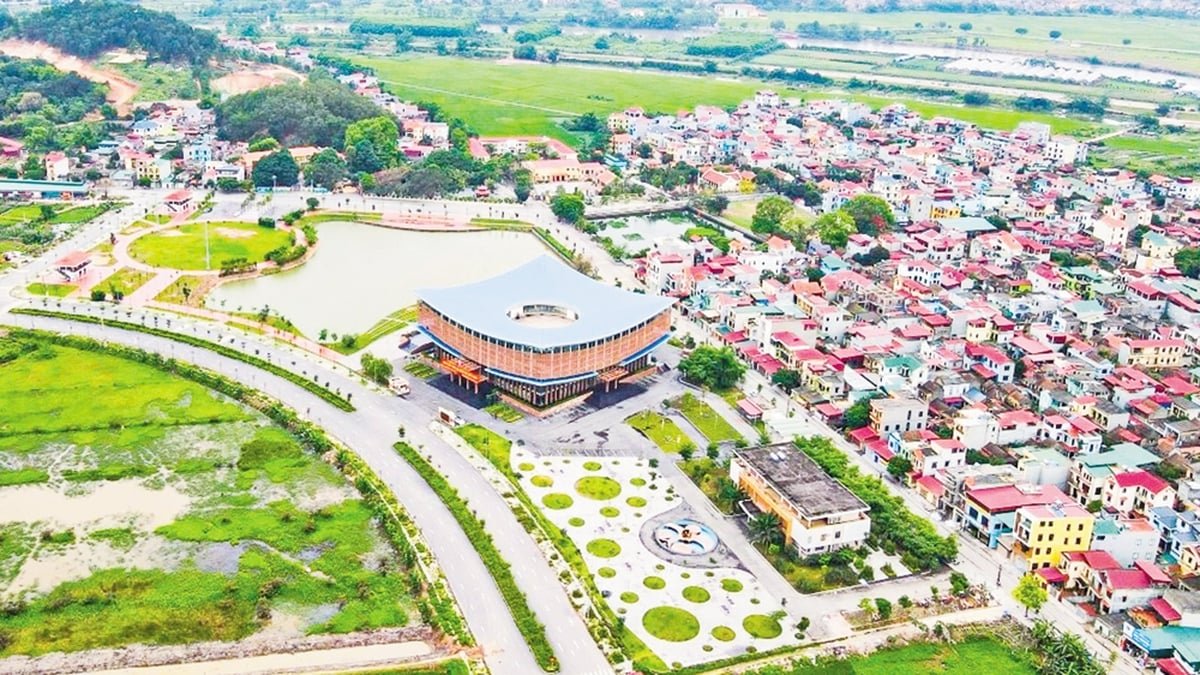
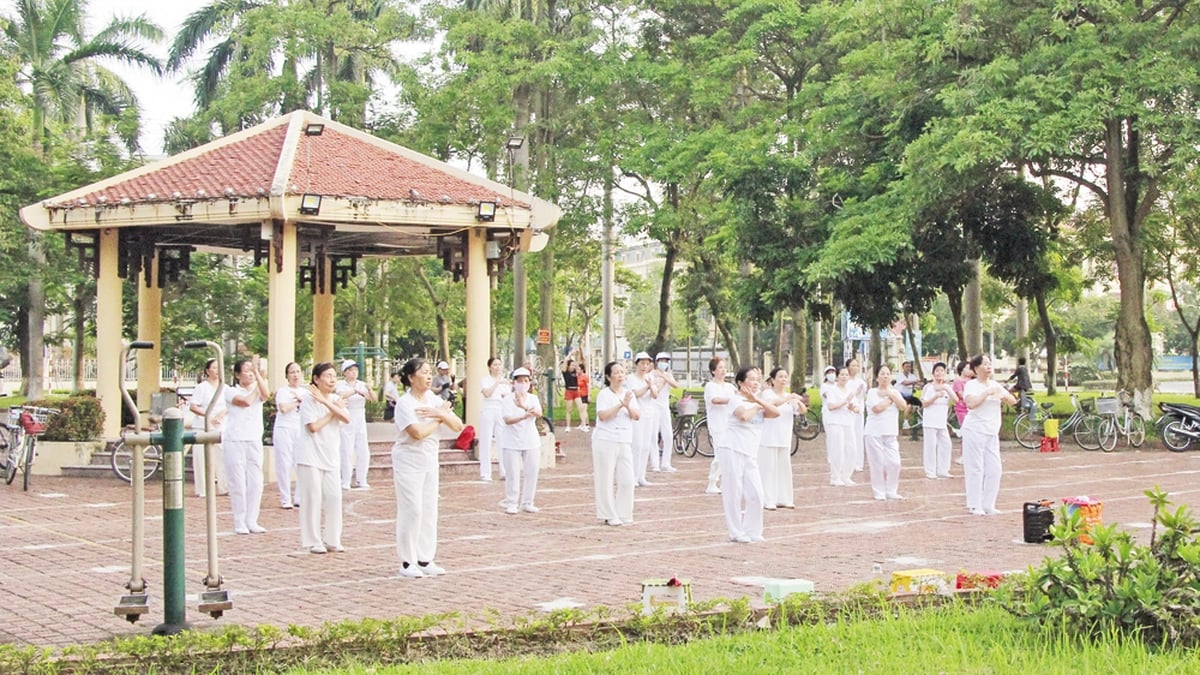
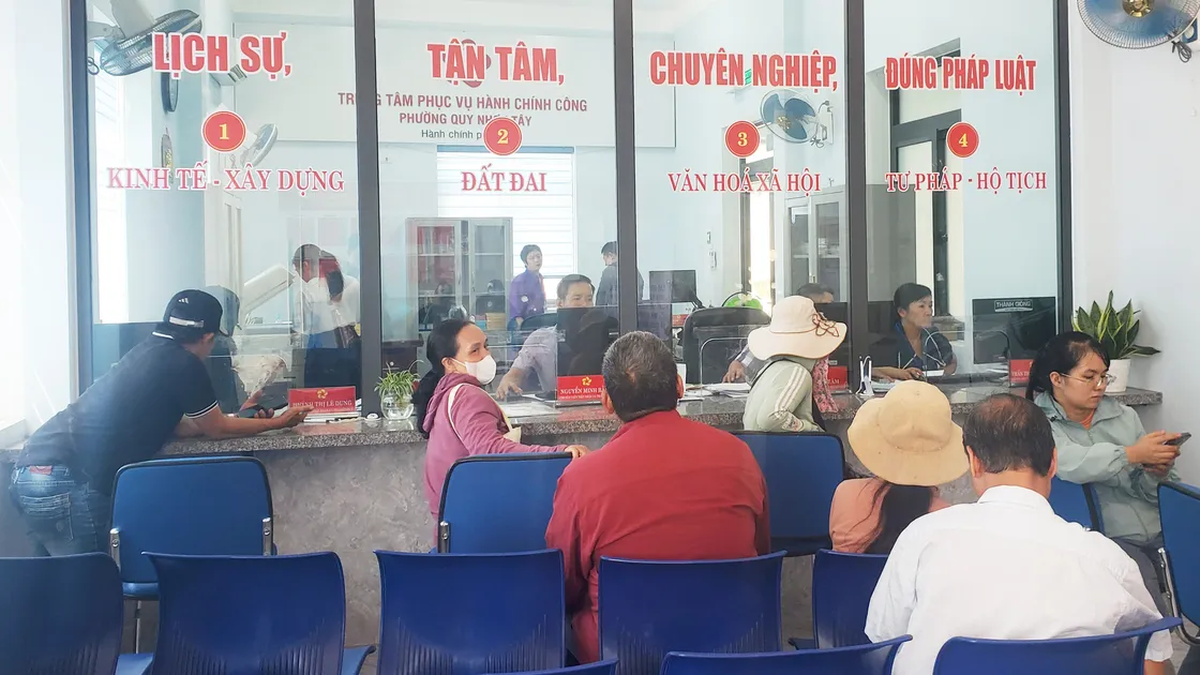

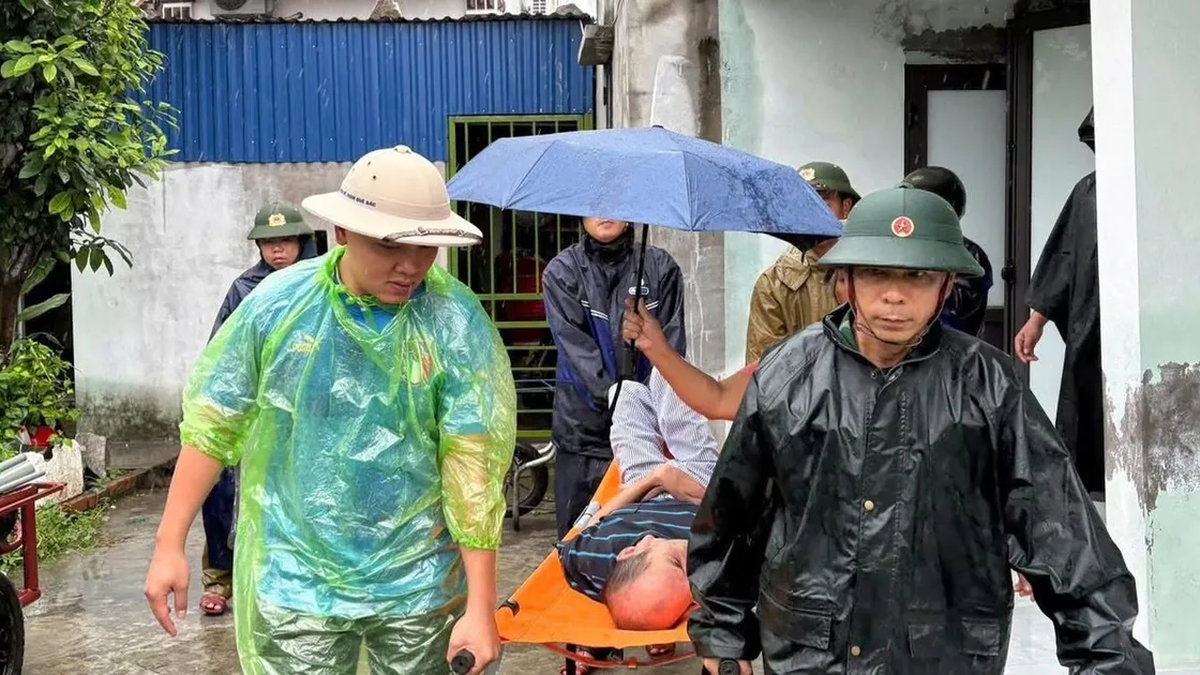


















![[Photo] National Assembly Chairman Tran Thanh Man visits Vietnamese Heroic Mother Ta Thi Tran](https://vphoto.vietnam.vn/thumb/1200x675/vietnam/resource/IMAGE/2025/7/20/765c0bd057dd44ad83ab89fe0255b783)







































































Comment (0)